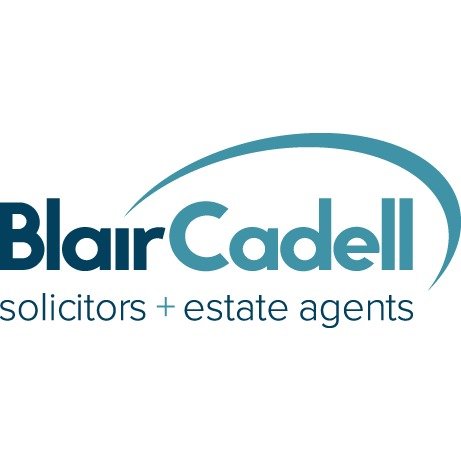Best Guardianship Lawyers in Edinburgh
Share your needs with us, get contacted by law firms.
Free. Takes 2 min.
List of the best lawyers in Edinburgh, United Kingdom
About Guardianship Law in Edinburgh, United Kingdom
In Edinburgh, United Kingdom, Guardianship refers to a legal framework that bestows specific rights and responsibilities to an individual (the guardnian) to make decisions for someone (the adult) who lacks the capacity to make decisions for themselves. This incapacity could result from conditions such as mental disorder, brain injury, or other health complications that affect their cognitive abilities. The Adults with Incapacity (Scotland) Act 2000 governs Guardianship Laws in Edinburgh, seeking to protect and support adults who can't make independent decisions.
Why You May Need a Lawyer
A lawyer is instrumental for several reasons. First, applying for guardianship involves submitting detailed reports and assessments to the court, which can be quite complex without legal guidance. Second, dealing with objections to your application can be challenging to handle without legal expertise. Third, lawyers help interpret the laws relevant to your case, making sure your decisions align with legal requirements and best interest of the adult. Lastly, a lawyer can provide essential counsel if you're contesting a guardianship decision, representing you in court to present your case robustly.
Local Laws Overview
In Edinburgh, the Adults with Incapacity (Scotland) Act 2000 dictates the guidelines and procedures around guardianship. The key aspects of this law include:
- An adult is someone over 16 years lacking in mental capacity due to disability, illness, or accident.
- A guardian must follow the principles of benefit and least restriction, ensuring the decisions benefit the adult and impose the least restriction on the adult’s freedom.
- The guardianship order can span from personal welfare to financial matters, or both.
- The proposed guardian must provide medical and other professional assessments proving that the adult is incapable of acting on their own.
- A guardianship order lasts for a specific period (typically three years but can be longer), after which it must be renewed.
Frequently Asked Questions
Who can be a guardian?
An individual, including a friend or relative, a professional, a solicitor, or a local authority can become a guardian. They should, however, be acting in the best interest of the adult.
Does the adult have any say in the appointment of a guardian?
Yes, the court considers the present and past wishes and feelings of the adult when appointing a guardian.
Can more than one person be appointed as a guardian?
Yes, more than one person can be appointed as guardians to share the responsibilities, and this could also provide a system of checks and balances.
Can a guardianship order be contested?
Yes, any person who has notified an interest to the court can lodge an objection to the proposed guardianship.
What's the difference between a Power of Attorney and Guardianship?
A Power of Attorney is granted voluntarily by the adult when they're capable, whereas Guardianship is for adults who have already lost their capacity to make those decisions.
Additional Resources
For more comprehensive information or assistance, consider the following resources:
- The Office of the Public Guardian (Scotland) provides detailed guidance on guardianship and other forms of intervention orders.
- The Scottish Government has published a series of codes of practice for anyone exercising powers under the Adults with Incapacity Act.
- Consult Citizens Advice Scotland for free, impartial, and confidential advice.
- Check Edinburgh Council's website for local information and resources.
Next Steps
If you need legal assistance in guardianship, start by contacting experienced solicitors in Edinburgh who specialize in adults with incapacity law. They will provide you with expert advice on how to navigate your situation, from understanding the overall process to making the application and defending your rights in court.
Lawzana helps you find the best lawyers and law firms in Edinburgh through a curated and pre-screened list of qualified legal professionals. Our platform offers rankings and detailed profiles of attorneys and law firms, allowing you to compare based on practice areas, including Guardianship, experience, and client feedback.
Each profile includes a description of the firm's areas of practice, client reviews, team members and partners, year of establishment, spoken languages, office locations, contact information, social media presence, and any published articles or resources. Most firms on our platform speak English and are experienced in both local and international legal matters.
Get a quote from top-rated law firms in Edinburgh, United Kingdom — quickly, securely, and without unnecessary hassle.
Disclaimer:
The information provided on this page is for general informational purposes only and does not constitute legal advice. While we strive to ensure the accuracy and relevance of the content, legal information may change over time, and interpretations of the law can vary. You should always consult with a qualified legal professional for advice specific to your situation.
We disclaim all liability for actions taken or not taken based on the content of this page. If you believe any information is incorrect or outdated, please contact us, and we will review and update it where appropriate.








